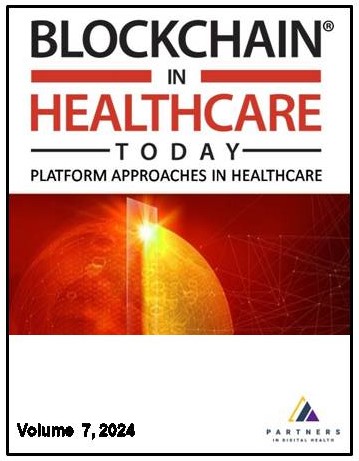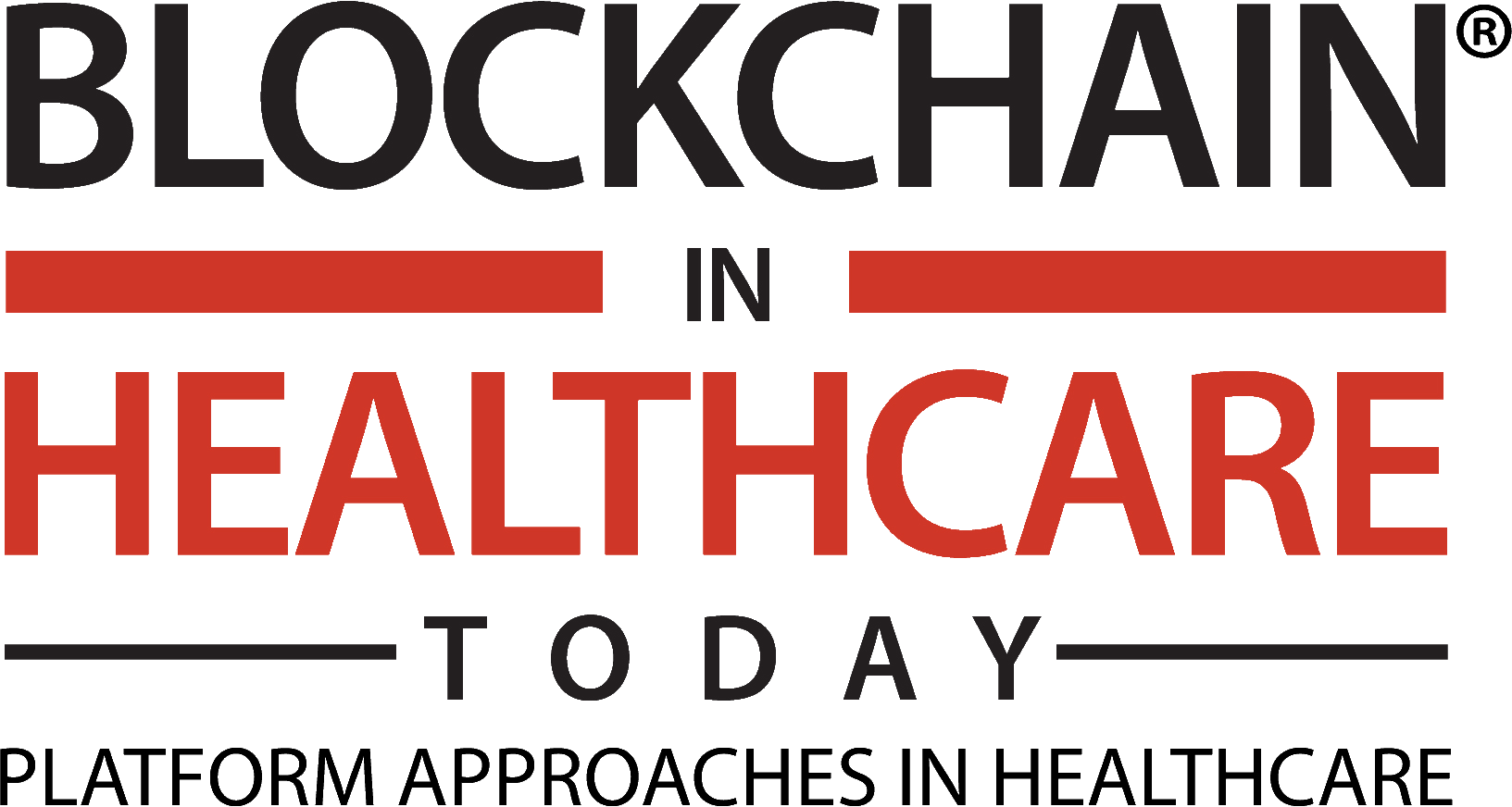Current issue

Volume 7, Issue 3, 2024
Online ISSN: 2573-8240
Volume 7 , Issue 3, (2024)
Published: 16.12.2024.
Open Access
Blockchain in Healthcare Today (BHTY) is the leading international open access journal that amplifies and disseminates platform approaches in healthcare and distributed ledger technology research and innovations. Fields of interest include healthcare information systems, leveraging data science tools and techniques, interoperability, consent mechanisms, privacy preservation, security of health data, clinical trials management, supply chain management, revenue cycle automation, immersive technologies, tokenomics, governance, regulation, network technologies, clinical computing, cryptography, and failed experiments in this expanding specialty field of research.
All issues
Contents
31.08.2024.
Editorial
Creating a Health Data Marketplace for the Digital Health Era
The author posits that the establishment of a blockchain-based health data marketplace where EHR, IoMT, and wearable-derived data can be monetized by selling it to data consumers like medical professionals, researchers, regulators, third-party (e.g., AI service providers) and policymakers can solve this data centralization problem.
Imtiaz Khan, Mohamed Maher, Anjum Khurshid
06.01.2023.
Editorial
Blockchain in Healthcare: 2023 Predictions from Around the Globe
While the past 50 years have been categorized as the Information or Digital Age, the mass amounts of digitized data has been sorely underutilized. It was only recently through the COVID-19 pandemic that accelerated efforts were sought to harness this data with the use of blockchain technology in healthcare. Through the infrastructure and its tokenization applications, we can now effectively leverage healthcare data into more efficient business processes, secure better patient engagement and outcomes all while generating new revenue streams for an array of healthcare stakeholders. It is in compiling this stockpiled data into new, compliant business models and utilizing blockchain technology that we can reap the full potential of this era. Here are some predictions as to how we might set about these efforts in 2023.
Talisha Shine, MBA, CBE, Jane Thomason, PhD, Msc., Imtiaz Khan, PhD, Mohamed Maher, MBA, Kohei Kurihara
16.11.2022.
Narrative/Systematic Review/Meta-Analysis
From Sharing to Selling
During the COVID-19 pandemic, we witnessed how sharing of biological and biomedical data have facilitated the researchers, medical practitioners and policymakers to tackle the pandemic at a global scale. Despite the growing use of EHR by medical practitioners and wearable digital gadgets by individuals, 80% of the health and medical data remain unused, adding little value to the researchers and medical practitioners. Legislative constraints related to health data sharing, centralised siloed design of traditional data management systems and most importantly, lack of incentivisation models are thought to be the underpinning bottlenecks for sharing health data. With the advent of the General Data Protection Regulation (GDPR) of the EU and the development of technologies like blockchain and distributed ledger technologies (DLT), it is now possible to create a new paradigm of data sharing by changing the incentivisation model from current authoritative or altruistic form to a shared economic model where financial incentivisation will be the main driver for data sharing. This can be achieved by setting up a digital health data marketplace (DHDM). Here we reviewed papers that proposed technical models or implemented frameworks that use blockchain-like technologies for health data. We seek to understand and compare different technical challenges associated with implementing and optimising the DHDM operation outlined in these papers. We also examined the legal limitations in the context of European Union and other countries such as the USA to accommodate any compliance requirement for such a marketplace. Last but not least, we reviewed papers that investigated the short, medium and long terms socioeconomic impact of such a marketplace on a wide range of stakeholders.
Mohamed Maher, Imtiaz Khan
